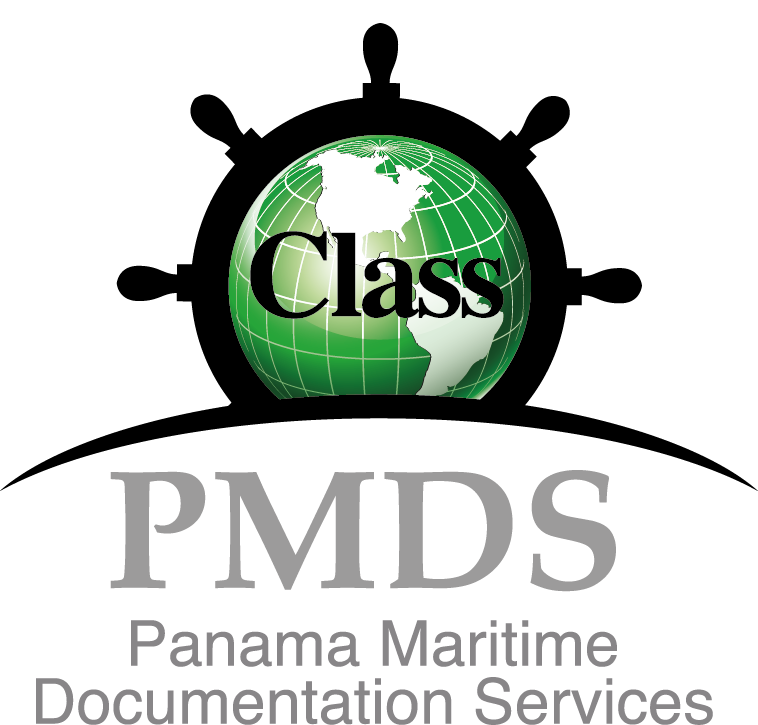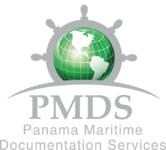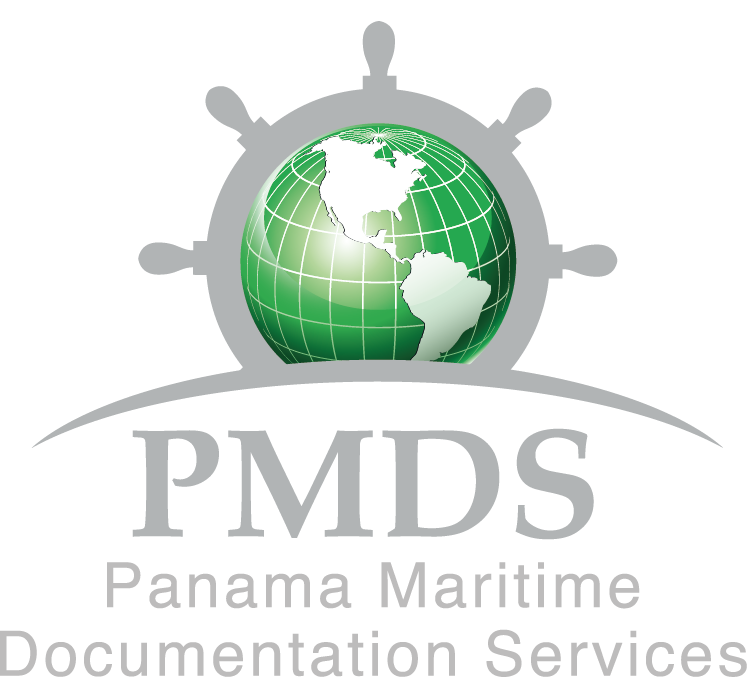
IMO Sub-Committee on Pollution Prevention and Response (PPR 10)
The 10th session of the IMO’s Sub-Committee on Pollution Prevention and Response (PPR 10) was held in London from 24 to 28 April 2023.
The following were agreed at PPR 10:
- Safety and pollution hazards of chemicals and preparation of consequential amendments to the IBC Code
Three new products were assessed for inclusion in the MEPC.2/Circ.28. To fulfil the carriage requirements for a chemical tanker, inclusion of these products will be made in the next Certificate of Fitness. Seven new cargo tank cleaning additives were included in Annex 10 of the next MEPC.2/Circ.28.
A proposal to amend the IBC Code to include ventilation as an alternative means to determine a safe tank atmosphere following the discharge of toxic products, for which there is no available toxic vapour detection equipment, was not supported. Instead, it was decided to retain this agenda item for ESPH 29 (October) to further consider the implication of the lack of toxic vapour detection equipment on the daily operation of a chemical tanker.
- Biofouling, Ballast water management and Anti-fouling
The Sub-Committee approved the revised Guidelines for the control and management of ships’ biofouling to minimize the transfer of invasive aquatic species, following a comprehensive review of the Guidelines.
The guidelines provide recommendations on in-water inspections with a focus on the quantitative assessment of biofouling using a biofouling rating number, as well as on observations of the anti-fouling system condition. The inspection frequency should be at least every 12 to 18 months depending on the availability of a performance monitoring system based on fuel consumption. It is recommended to use inspection organizations or competent personnel who can provide impartial inspections.
If macrofouling is observed, cleaning with capture is recommended. Proactive cleaning of microfouling may be recommended without capture, if performed in an area accepted by the relevant authority for this activity. During operation, a ship is recommended to monitor biofouling risk parameters. Description of ship-specific biofouling management and monitoring should be included in a biofouling management plan (BFMP). The plan should also include a contingency action plan, and any contingency actions taken should be recorded in a biofouling record book. Sample templates for the BFMP and record book were provided with the guidelines.
The 2023 Guidelines, which expand on and update the previous version, with a view to strengthening it and increasing its uptake, will be submitted to the Marine Environment Protection Committee (MEPC 80) for adoption.
- Prevention of Air Pollution from Ships
Use of multiple engine operational profiles (MEOP) for marine diesel engines. PPR 10 agreed in general that MEOP could be allowed under certain circumstances. However, it was decided to defer the matter to PPR 11 allowing for more time to develop proposals.
Marine Diesel engine replacing a boiler. PPR 10 agreed on accepting marine diesel engines replacing steam systems as “replacement engines” under MARPOL Annex VI if complying with the introduced requirements for steam systems, as set in the updated guidelines with respect to non-identical replacement engines, is not required to meet the Tier III limit.
Black Carbon (BC): PPR 10 further discussed draft guidelines for recommendatory goal-based control measures to reduce the impact of BC emissions from international shipping on the Arctic. The guidelines were not finalized, and a Correspondence Group was established to further develop the draft guidelines.
Sewage treatment and revision of MARPOL Annex IV: PPR 10 discussed independent testing facilities for type approval and performance of sewage treatment systems for existing ships, as well as a proposal to introduce a “zero discharge system” definition and exempt the use of such systems from the requirements in MARPOL Annex IV.
Standards for shipboard gasification of waste systems: The draft 2023 “Guidelines for thermal waste treatment devices” were finalized for adoption at MEPC 80. The guidelines are technology-neutral, goal-based, and may be applied to any thermal waste treatment device using, for example, gasification, hydrothermal carbonization, pyrolysis, plasma or other thermal means for the disposal of garbage generated on board as an alternative to conventional incinerators.
- Marine Plastic Litter
MARPOL Annexes III and V and the IMDG Code were identified as potential instruments that may form a legal basis to regulate maritime transport of plastic pellets. Interested delegations can submit concrete proposals on potential mandatory measures.
As a short-term measure to reduce the environmental risk associated with carriage of plastic pellets by sea in freight containers, a draft circular providing recommendations for such transport was developed. This includes recommendations on packaging, transport information and stowage. The circular will be submitted to the Sub-Committee on Carriage of Cargoes and Containers (CCC) for input before finalization at PPR 11, with a view to approval by MEPC 81 in April 2024.
- Inventory of Hazardous Materials – revision of guidelines approved.
The Sub-Committee approved the revised 2023 Guidelines for the development of the Inventory of Hazardous Materials, following amendments to the Anti-Fouling Systems (AFS) Convention to include controls on cybutryne. The 2023 Guidelines will be submitted to MEPC 80 for adoption.
- Unified Interpretations (UIs)
PPR 10 agreed on two UIs for approval by MEPC 80.
- BDN in electronic format
The UI enables having the Bunker Delivery Note (BDN) in an electronic format provided it contains all the required information and is protected from edits, modifications or revisions. Authentication should be possible by a verification method, for example tracking number, water mark, date and time stamp, QR code or GPS coordinates.
- Ballast water D2 standard in case of major conversion- form of the International Ballast Water Management Certificate and Regulations B-3.5 and B-3.10 of the BWM Convention
In the case of a major conversion, the ship should meet the ballast water D-2 standard from the date of completion of the major conversion. The date of the commencement of the major conversion should be listed as the “Date of construction” on the International Ballast Water Management Certificate.
- Any Other Business
Volatile Organic Compounds (VOCs)
PPR 10 agreed on a scope of work for the reduction of VOC emissions from ships. This includes considering how to involve terminals in the reduction of VOC emissions, and to consider new and existing regulations and guidance documents on VOC, including the application of a revised Regulation 15 of MARPOL Annex VI.
Protocol for verification of ballast water compliance monitoring devices
PPR 10 agreed on a “Protocol for verification of ballast water compliance monitoring devices” (CMD) for approval at MEPC 80. This protocol describes how to verify the ability of a CMD to assess non-compliance with the D-2 standard of the BWM Convention. To satisfy a common level of quality when conducting commissioning testing using a CMD, PPR 10 encourages members states to verify the CMD by following this protocol.
Detection of 10-50 μm plankton in ballast water
PPR 10 encourages members states and organizations to conduct additional experiments on the neutral red staining method. This is a detailed analysis method using neutral red staining microscopy for the detection of 10–50 μm plankton.
As PPR is a sub-committee, all decisions concerning rules, regulations and dates are subject to further consideration and approval by the Marine Environment Protection Committee (MEPC). It is important to monitor the outcome of MEPC 80 in July 2023 and the Correspondence Groups established.
For additional information contact us : corporate@panamamaritime.com

 (507) 6780-7942
(507) 6780-7942
